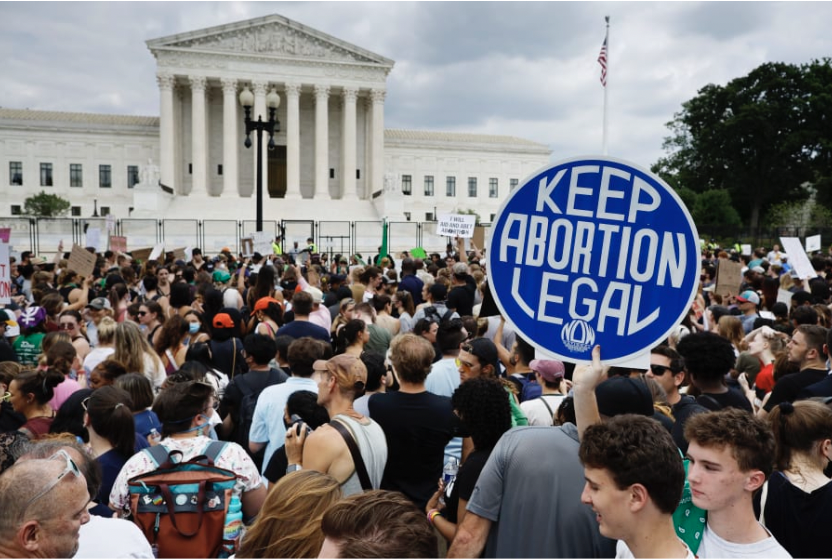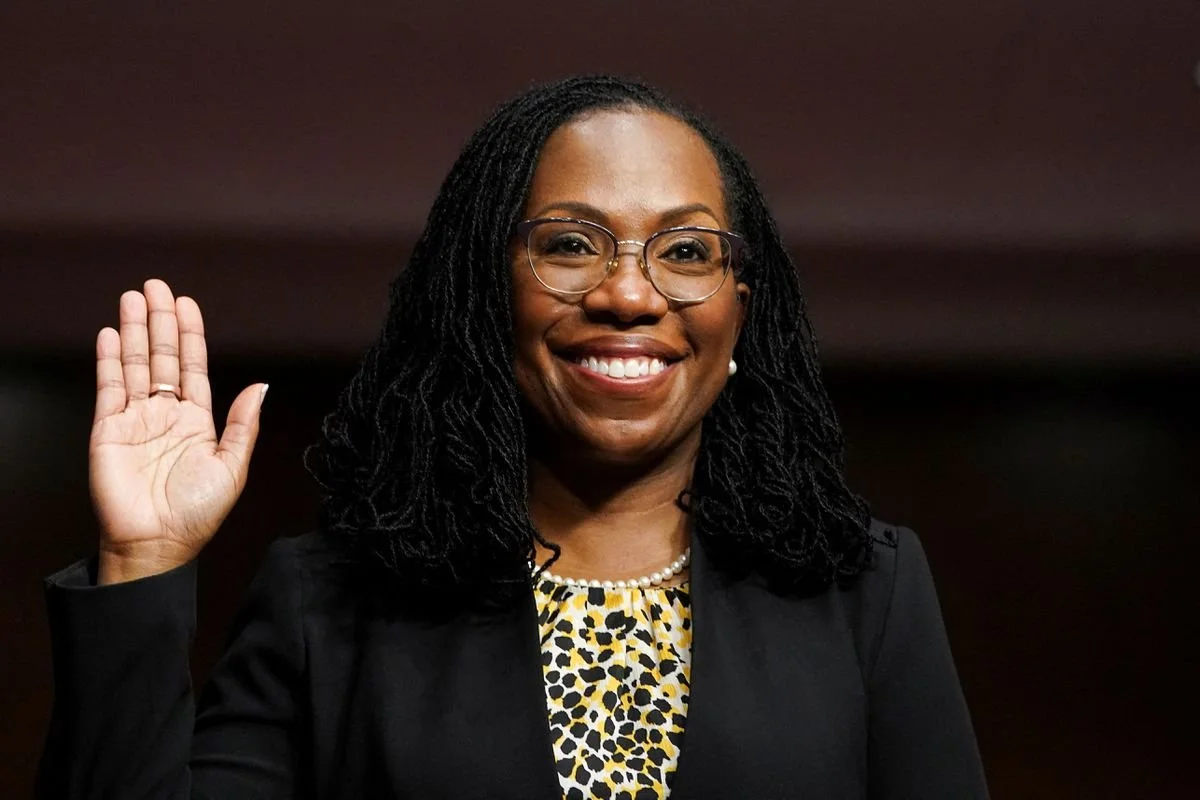Following the U.S. Supreme Court’s decision in Citizens United v. Federal Election Commission (2010), the American public has grown increasingly wary of the Court’s enshrinement of corporate rights. [1] In Citizens United, the Court majority interpreted campaign spending as an exercise of free speech, more specifically political speech, and granted corporations protection from government restrictions on campaign spending. In doing so, the Court seemingly opened the floodgates to an increased volume of corporate rights cases—emerging at a level much higher than previous decades. [2]
Read MoreIn the twenty-first century, interstellar travel has captured the curiosity of millions around the world. If the intrepid space missions of Jeff Bezos and Elon Musk are any indication, creating a multi-planetary society or traveling to Mars for vacation could soon be our reality. However, the space ventures of SpaceX and Blue Origin pose a multitude of potential threats to safety in outer space and on planet Earth. In turn, this new frontier presents a multitude of new considerations when it comes to the applicability of law in space. While space crimes are few and far between, there is a plethora of unanswered questions regarding tort applicability in space: whether there is a legal basis upon which space law can be applied to private individuals and firms, what conflicts can occur domestically and internationally in the absence of tort law, and whether it is possible to reconstruct the space governance framework in a way that ensures effective enforcement. International agencies and governments must elaborate upon the application of torts, particularly negligence and nuisance, and their applicability to space debris in new governing frameworks. Furthermore, new standards of liability must be defined for torts to private individuals and firms that arise in outer space.
Read MoreThe right to freely exercise religion, listed as one of the first rights in the First Amendment, is undoubtedly a bedrock principle of American constitutional law. What happens, then, if a group of individuals were to willingly execute a contract restricting themselves to a certain set of religious rules? A case recently appealed to the Supreme Court, Church of Scientology International v. Bixler (2022), dealt with this very question. The Respondents were a group of women, including Chrissie Carnell Bixler and two Jane Doe’s, who sued for alleged sexual assault by a church member, Daniel Masterson. However, the women originally signed a contract agreeing to resolve any disputes by arbitration within their church and its rules of procedure. Later, they left the faith, and were sued by the Church in order to bind them to the agreement. The Church claimed that the arbitration agreement is an enforceable contract—requiring them to abide by Scientology rules, regardless of faith. The California Court of Appeal, however, sided with the Respondents to not enforce the arbitration agreement, on the grounds that their change in beliefs would free them of their contractual obligations under the free exercise clause of the First Amendment. [1]
Read MoreOn June 24, 2022, with the case Dobbs v. Jackson Women’s Health Organization, the U.S. Supreme Court overturned its 1973 ruling in Roe v. Wade, setting off a cascade of abortion bans in 26 states. [1] However, lawmakers in several states, such as Arkansas, South Dakota, Texas, and Missouri, are now considering even further bans that would prevent women from traveling to obtain an abortion in a state where it is legal. Such bans could also potentially outlaw anyone from “aiding and abetting” travels for abortion purposes. [2] When reviewing the Constitution and subsequent Supreme Court and lower court decisions, it is clear that these laws are unconstitutional. Out-of-state abortion bans do not have legal standing due to protections by the Commerce Clause and the Privileges and Immunities Clause of the Constitution, as interpreted by various courts.
Read MoreThe abusive conduct of private foreign investors is of growing concern for our globalized economy. A look at the applicability of the 1969 Vienna Convention on the Law of Treaties (VCLT)—the legal framework that regulates interstate treaties—reveals it to enable the creation of “imbalanced” investment agreements which neglect to regulate private conduct. The global interplay of corporations and states has the potential to result in corporate encroachment on concerns related to intrastate human rights—and fixing this discrepancy is critical to ensuring equity under international law.
Read MoreThe adjacency of a given wetland to a navigable body of water is not a concept commonly considered. However, the precise definition of this concept is one that could impact the U.S. Environmental Protection Agency’s (EPA) regulatory ability to protect public waters from contamination, pollution, and overall degradation for decades to come. In 2022, the Court announced they would hear a ground-breaking environmental case, Sackett v. Environmental Protection Agency (2022), which directly questions whether “adjacent wetlands” are protected by the Clean Water Act (CWA). [1]
Read MoreOn June 21, 1971, the Supreme Court held in Bivens v. Six Unknown Named Narcotics Agents that an implied right of action existed against federal officers for violation of one’s Fourth Amendment rights. [1] According to the court, the Constitution implied that individuals had a right to sue for monetary damages if they could prove that a federal official, acting under federal orders, subjected them to an unreasonable search or seizure. Bivens actions, then, provide an avenue for victims of constitutional violations to receive monetary redress for their grievances. In the decade following the Bivens decision, the Court expanded the precedent to apply to infringements on the Fifth and Eighth Amendments, including individual’s rights against self-incrimination and cruel and unusual punishment, respectively, by rewarding damages in two other cases: Davis v. Passman (1979) and Carlson v. Green (1980).
Read MoreMuslims in India, the world’s largest democracy and second most populous nation, are currently facing a genocidal crisis. Constituting approximately 14 percent of India’s population, compared to the nation’s Hindu majority of 80 percent, Muslims living under the rule of India’s far-right, Hindu nationalist Bharatiya Janata Party (BJP), led by Prime Minister Narendra Modi, have become direct targets of government measures put in place to prevent a “demographic imbalance,” in which Hindus no longer make up a majority of India’s population. These measures include religious leaders calling for mass killings, attacks on Muslim-owned businesses, and a series of laws and policies that outrightly target and exclude Muslims from Indian society. [1]
Read MoreDuring her confirmation hearings in March 2022, Justice Jackson introduced herself to Congress as an originalist. [1] Legal originalism is a doctrine of judicial interpretation that follows the Constitution as it was initially intended to be understood at the time it was written. This doctrine is often associated with the Court’s more conservative justices, such as Justices Antonio Scalia and Clarence Thomas, who have used it to argue against abortion and gun rights. However, under Justice Jackson’s interpretation, originalism has taken on a new form—one that is lauded for its progressivism.
Read More








